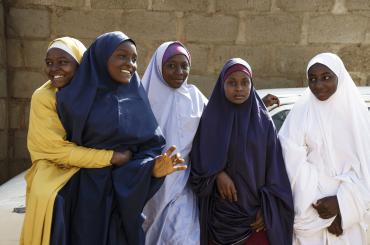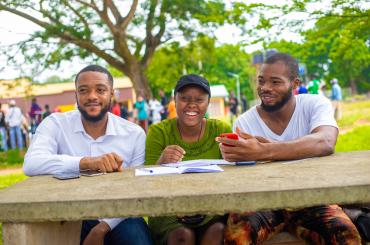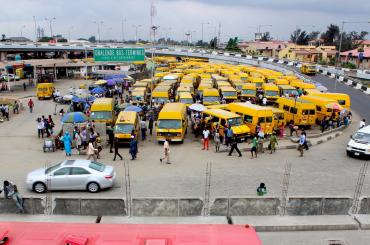
Nigeria
-

Electronic waste is a silent killer in West Africa
Evidence from Ghana and Nigeria shows that e-waste dumping is causing a health crisis, claiming the lives of newborns and infants living nearby.
-

How expanding internet broadband coverage lifted millions out of poverty
Mobile broadband coverage led to large and significant gains in household consumption and reductions in poverty in Nigeria.
-

How deforestation drives malaria in Nigeria, affecting women and children most
Forest loss in Nigeria raises neonatal mortality and worsens birth outcomes by increasing malaria exposure among pregnant women.
-

Fear, more than hate, drives intergroup conflict in Nigeria
In the conflict between Christians and Muslims in Nigeria, fear (rather than hate) is the main driver, it is founded on misperceptions, and proves hard to change with policy.
-

Power-sharing institutions can mitigate violent contests for natural resource rents
Local elections in Nigeria may improve representation at the local level, contributing to a more peaceful resolution of contests for resources
-

Local solutions for combatting child marriage in Northern Nigeria
A community-led intervention in Northern Nigeria significantly reduced rates of child marriage in adolescent girls by changing entrenched, normative behaviour
-

Can local ownership solve the resource curse in weak states? Evidence from Nigerian oil
Oil multinationals in Nigeria divesting their onshore assets to local firms resulted in substantial improvements in output and declines in oil theft and violence, driven by politically connected firms
-

Promoting national integration in Nigeria
Does exposure to other ethnic regions promote national integration?
-

Spatial frictions and high-frequency human mobility: Evidence from three African countries
Insights from a year of smartphone app data suggest high levels of spatial mobility